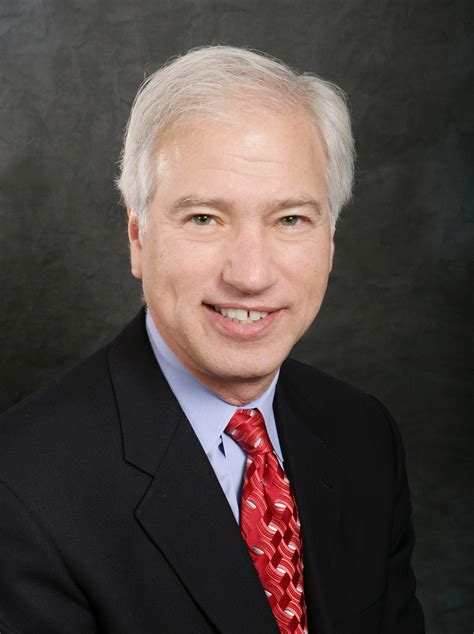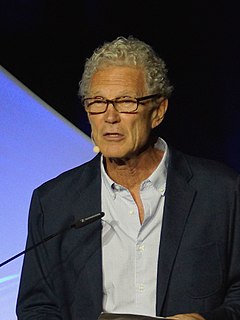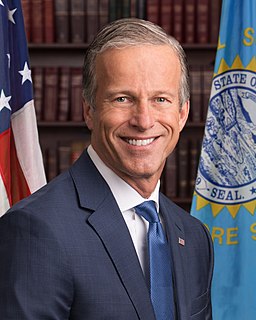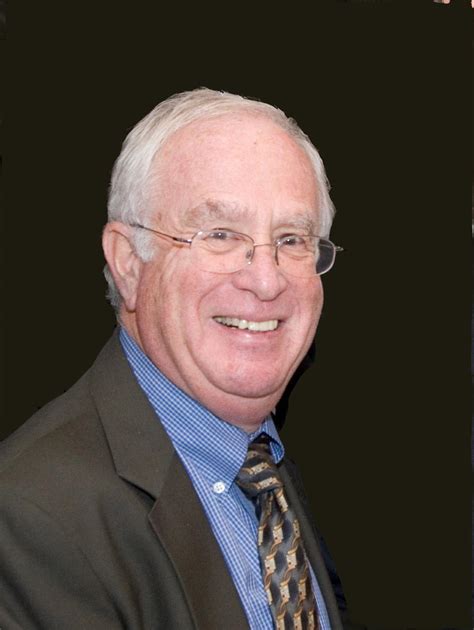A Quote by Cary Sherman
10 years ago [in 2006], nearly 90 percent of those albums sold enough in that year to reach Gold status. 10 years later, about 30 percent were eligible. With the new rules, we figure about 40 percent of the top 200 best-sellers for the year will be eligible. We were very cautious in our approach to changing how we calculate what is eligible because the integrity of the process is our foremost consideration. It's difficult to get certified sales awards, and it's a big deal and we didn't want there to be a huge change in how many would be eligible.
Quote Topics
About
Albums
Approach
Awards
Because
Best
Big
Big Deal
Calculate
Cautious
Certified
Change
Changing
Consideration
Deal
Difficult
Eligible
Enough
Figure
Foremost
Get
Gold
How
Huge
Integrity
Later
Many
Nearly
New
Old Enough
Our
Percent
Process
Reach
Rules
Sales
Sellers
Sold
Status
Those
Top
Very
Want
Were
Will
Would
Would Be
Year
Years
Years Ago
Related Quotes
If we had 3 percent growth, which is what we're trying to get to, what we're at, by the way, right now, we're trying to maintain that 3 percent growth. If we had been at 3 percent growth over the last ten years, the budget very nearly would be balanced in 2017. That's how big a difference it makes when you grow the American economy that additional 1 percent over ten years.
For too many years, those eligible to vote in primary or general elections did not bother to do so. Those sensible centrists who do not go to rallies but care deeply about our country effectively silenced their own voices. That sent the message to incumbents that they were either doing the right thing or that we just did not care.
People in the individual marketplace should have more options. The plan that we - the discussion draft that we have out, actually opens up for people who are zero percent to 100 percent of the federal poverty level, not eligible for Medicaid, would open up the opportunity for them to purchase insurance with help from the federal government.
Eighty five percent of Americans, year in and year out, say they believe everyone should have universal coverage. The problem is everybody has a different idea of how to make it work. And unfortunately what you have is 85 percent of Americans are reasonably well-insured. And when you start thinking about how you're going to get the remaining 15 percent, everyone gets very nervous.






























